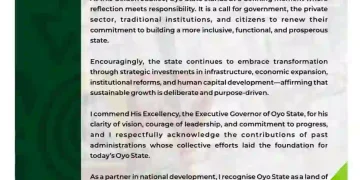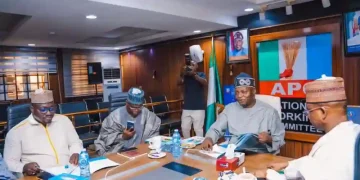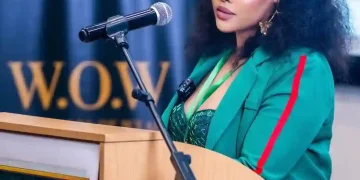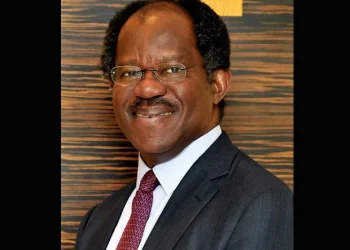The Technology for Social Change and Development Initiative, Tech4Dev, in collaboration with the United Kingdom-Nigeria Tech Hub and UK International Development, have unveiled the Nigeria Creative Ecosystem Report Dissemination and Creative Tracker.
The milestone programme, launched in Lagos State on the 21st of August, provides insights into how the nation’s creative economy can be developed to compete globally.
With a major focus on movies, music, fashion and content creation, the initiative reiterates the UK–Nigeria Tech Hub’s dedication to the growth of Nigeria’s creative sector.
Speaking at the launch, Ms. Oyinkansola Akintola-Bello, Director, UK–Nigeria Tech Hub, Foreign, Commonwealth and Development Office (FCDO), said that the tracker will aid innovation in the creative industry and employment for talented creatives.
According to her, the initiative is part of a broader effort to support the digital economy in Nigeria and other partner countries, including Kenya, South Africa, Indonesia, and Brazil.
Oyinkansola further assured that the tracker will deliver key data on the creative economy, stressing that the report will enable policymakers, investors and industry stakeholders to make informed decisions.
Also speaking, the Senior Partner, Avaara Partners and former Country Manager, Tech4Dev, Michael John, stated that the Creative Digital Tracker will help to create creative opportunities and aid digital content creation.
Revealing that a comprehensive research would be conducted across 7 pilot states through the Nigeria Creative Ecosystem Growth and Innovation Initiative (NCGEII), John declared that the tool will help investors to identify key areas for growth while ensuring major industry players take full advantage of emerging opportunities.
“We cover seven states across Nigeria’s six geopolitical zones —Lagos, Kano, Cross River, Anambra, Kwara, Plateau and Adamawa— offering insights into the creative industry’s performance in each region. We brought together stakeholders and leading voices from film, music, fashion, and content creation for the dissemination of the Nigeria Creative Ecosystem Report and the launch of the NCGEII Creative Digital Tracker.
A lot of research had been done in the past, but none has actually taken the standpoint of the value chain, which means understanding how value is created, from creation/conceptualisation to production, to distribution, getting it into the hands of consumers and exhibition.
Afrobeats across the world is top five of music genre consumed. We wanted to understand what it was like for the average creator. Where do you get the skill from? How do you come up with the idea? How easy is it for you to turn this thing into an actual product? And even after you’ve turned it to a product, are you able to distribute it? How do you collect money? What kind of technology do you use? What is missing? Do you need staff? And if you need staff, are you getting skilled staff?
At a macro level, If I understand that there’s a lot of infrastructure that is needed, can I co-invest with let’s say the Bank of Industry? Or CBN. To put in a PPP agreement and say, I will create a hub. Right, I would put my money to create a hub. This is how I would collect my money from the creators working in that hub over a period of, I don’t know, five years, three years, right? And so with this understanding comes with the appetite for risk, and with the appetite for risk comes investment, and with investment comes a track record and then comes skill,” he said.
Founder and President of Tech4Dev, Joel Ogunsola, appreciated the support his organisation has received from the Foreign Commonwealth Development Office, as well as from some Nigerian states like Lagos, Kwara, and Plateau.
“Based on feedback and some of the suggestions that we’ve received, look out and watch out for some next steps in terms of what we’re going to be doing around this. Ultimately, I say a very big thank you to the team, Micheal and the rest of the team that also worked extensively on this. Super excited about what this will lead to in terms of starting a journey of really tracking where we are, what are the gaps and how far do we still need to go and ultimately what the future state will look like,” he added.





















